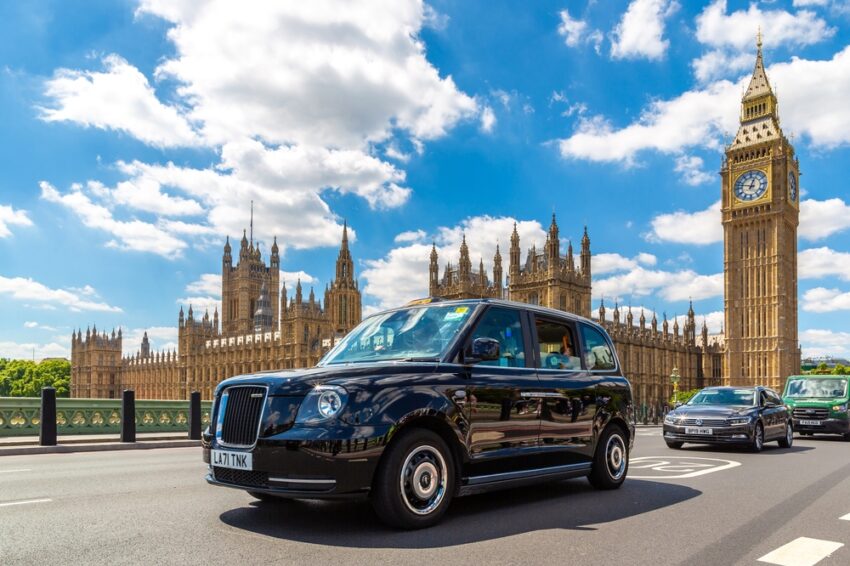Rumours that the Chancellor is preparing to add VAT to all taxi journeys in the autumn Budget have sparked concern across multiple industries, with hospitality leaders warning the move could deepen an already fragile economic environment.
Charlie Gilkes, co-founder of the Inception Group, which operates restaurants and bars across London, said: “Policies like the taxi tax destroy the ecosystem in which the hospitality sector functions.”
The sector is still reeling from last year’s Budget, which raised employer National Insurance contributions. A 1.2 percentage point NIC increase lowered the threshold at which employers must pay contributions from £9,100 to £5,000 a year. That change has already forced nearly 89,000 job losses in hospitality, almost half of the cuts seen across the wider economy, according to trade body UKHospitality.
With pubs, restaurants and bars struggling to absorb higher staffing and energy costs, any additional burden from VAT on taxis could deter customers from travelling and make commuting harder for staff, particularly women relying on taxis after late shifts.
The effects would extend beyond hospitality. Layla Barke-Jones, partner at Aaron and Partners Solicitors, pointed out that many taxi passengers are elderly, disabled or otherwise unable to use public transport: “These are the people who would be disproportionately hit.”
While local authorities would be able to reclaim VAT under their own regime, higher overall fares are expected as operators adjust pricing to cover administration and compliance costs. That would see passengers across the country paying significantly more for essential journeys.
Taxi operators warn that drivers themselves would be among the hardest hit. A spokesperson for Bolt said: “Drivers are self-employed entrepreneurs, and around 70% work outside London. A flat 20% VAT would inevitably raise costs for consumers and reduce demand, leading to a drop in driver earnings.”
Bolt argues VAT should be applied only to operators’ margins, as under the current system, rather than on full fares — a change that risks pushing up passenger costs while cutting into drivers’ take-home pay.
With speculation mounting ahead of November’s Budget, business leaders fear the so-called “taxi tax” would further erode consumer demand, increase costs for vulnerable passengers, and undermine sectors still fighting to recover from previous policy shifts.
As Gilkes and others warn, what may appear a modest change to the Treasury could prove ruinous for the ecosystem of drivers, passengers and businesses that depend on affordable, reliable taxi services.


